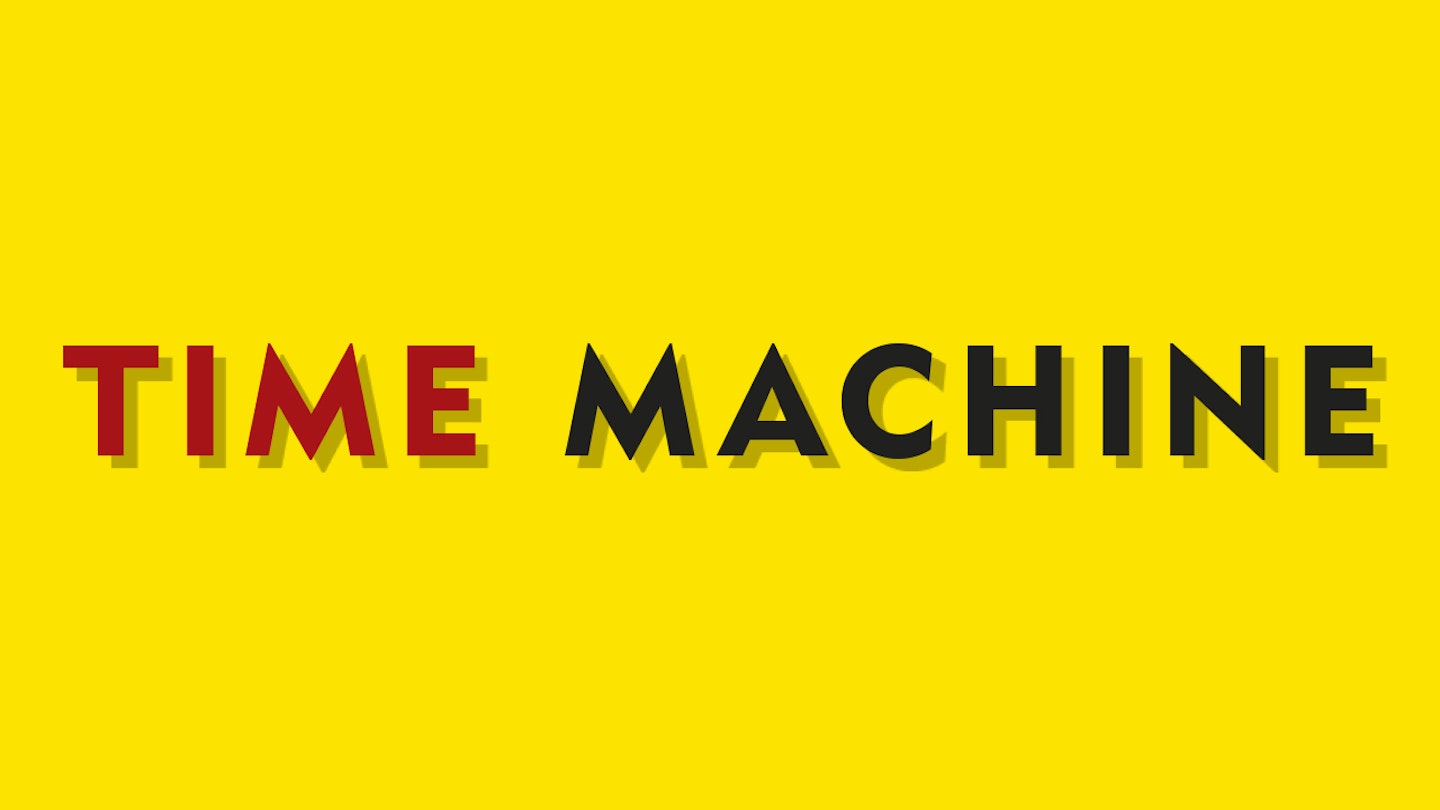18 December 1961
THE WHOLE WORLD HAD GONE TWIST CRAZY, AGAIN – Chubby Checker was at Number 3 in the US charts with The Twist, ahead of his own Let’s Twist Again and Twistin’ USA, while Bill Black’s Twist-Her, Joey Dee & The Starliters’ Peppermint Twist, Gary U.S. Bonds’ Dear Lady Twist, Danny & The Juniors’ Twistin’ All Night Long and Ernie Freeman’s to-the-point The Twist could also be found among the best-sellers. Even Count Basie was bubbling under with Basie Twist. But Brooklyn doo woppers The Tokens outpaced them all. After displacing The Marvelettes’ Please Mr Postman – Tamla’s first US pole-position pop hit – they topped the listings for three weeks with The Lion Sleeps Tonight.
Rarely had a song boasted so many writers’ credits. Those who had their name down for a piece of the action were Hugo Peretti, Albert Stanton, Luigi Creatore, Paul Campbell, George Weiss and Roy Ilene (aka Milt Gabler). Yet none of them had created the original melody. Originally known as Mbube, the basic tune had been around for years. South African singer Solomon Linda had written and recorded it back in 1939 with his group The Evening Birds. The Weavers later fashioned a hit revamp in 1952 under the title Wimoweh. Then the song lay dormant for a while.
That is until The Tokens came into the picture. They’d been together since 1959, when pianist Phil Margo returned to Brighton Beach, Brooklyn from a stint in the Catskills. In the autumn of that year, he got together with Hank Medress and Jay Siegel from Daryl & The Oxfords, a local group whose membership had formerly included Neil Sedaka. Margo’s 12-year-old brother Mitch was then hauled in to sing harmony, and by Christmas 1959 The Tokens were ready to go.
“We were embarrassed by it, and tried to convince them not to release it.”
PHIL MARGO
Signed to Warwick Records, they recorded one of their own songs, Tonight I Fell In Love, which made it into the US Top 20. Producers Hugo Peretti and Luigi Creatore [aka Hugo & Luigi] liked what they heard, and helped The Tokens obtain an audition for RCA Records, at which they performed their version of Wimoweh. Signed to the label, The Tokens recorded their version of Linda’s song under the title The Lion Sleeps Tonight at their second RCA date in May 1960.
“We were embarrassed by it,” Phil Margo later claimed, “and tried to convince Hugo & Luigi not to release it.” Jay Siegel confirmed as much in an interview with Goldmine magazine. ”The group did not want that record to come out. They were embarrassed by the title. It sounded so ridiculous, we used to slur over the title. But I loved it… RCA believed in it, the others didn’t… but they were wrong.”
Hugo & Luigi, who had helped kit out Wimoweh with a new lyric and title, knew they were onto a winner from the very start. The Lion Sleeps Tonight had soon shifted more than three and a half million copies, and went on to sell double that amount.
In the wake of international success and a series of low-level hits for RCA, The Tokens moved into production.
“We decided we were gonna learn the business of music,” said Siegel.
They laid down their first marker with He’s So Fine, by The Chiffons. A Number 1 US pop hit in March 1963, it was hailed as the first vocal group record to be produced by another full vocal group. Not only that, but The Tokens played all the backup instruments on the date, claiming that they couldn’t afford studio musicians.
Performance With The Beatles
During 1964, the group appeared at New York’s Paramount Theatre with The Beatles, and in ’66 they formed their B.T. Puppy Records label. They produced B.T. Puppy’s first Top 10 hit, See You In September by The Happenings, that May. Along the way The Tokens also helmed records for Randy & The Rainbows, Tony Orlando & Dawn and others. In 1973 came another switch.
“We grew our hair long, and put on denim shirts,” recalled Siegel, as The Tokens changed identity to become Cross Country, and cut an album for Atco. That self-titled platter yielded a slo-mo, harmony-filled version of In The Midnight Hour that went Top 30. But it was to be their last hurrah. With no taste for touring or performing live, they disbanded a year later, regrouping for one final fling at New York’s Radio City Music Hall in October 1983.
“We never had a proper curtain,” concluded Phil Margo. “Now I can bury that part of my life.”
